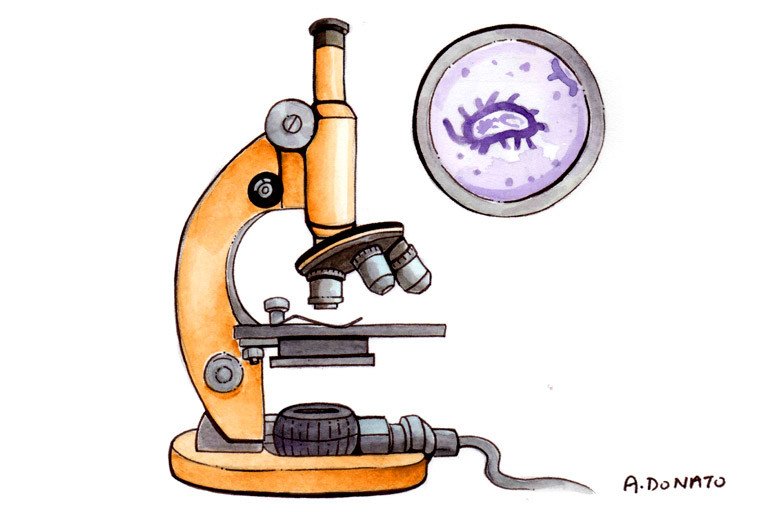
Common Names
- Livingston therapy
For Patients & Caregivers
Tell your healthcare providers about any dietary supplements you’re taking, such as herbs, vitamins, minerals, and natural or home remedies. This will help them manage your care and keep you safe.
What is it?
Livingston-Wheeler therapy has not been shown to treat cancer.
Livingston-Wheeler therapy is an alternative approach to cancer treatment that gained popularity from the 1970s to early 1990. It used several treatments to supposedly stimulate the immune system, including BCG vaccine and a vaccine made from the individual’s own urine, a strict vegetarian diet, antioxidants, and detoxification via coffee enemas. Treatments were available at a clinic run by Virginia Livingston-Wheeler, a doctor who believed that cancer was caused by a bacterium called Progenitor cryptocides, which she claimed to have isolated from cancer tissues. Although a number of viruses and bacteria have been associated with various cancers, a link between the bacteria named by Livingston-Wheeler and cancer was never confirmed by independent researchers.
Experts have studied the strict vegetarian diets required by metabolic therapies like Livingston-Wheeler, and have concluded that they are deficient in important nutrients such as calcium, iron, vitamins D, vitamin B12, and protein. Such diets would be unsuitable for some cancer patients.
What are the potential uses and benefits?
- To treat cancer
One study found similar survival rates between patients treated with the Livingston-Wheeler therapy and with conventional cancer therapies at a major hospital, but the patients using the Livingston-Wheeler therapy had more side effects and lower quality of life. No other studies support this use. - To treat HIV and AIDS
There are no studies to support this claim.
What are the side effects?
- Nutrient deficiencies including deficiencies in calcium, vitamin B12, and protein; anemia and malabsorption could also result from metabolic diets.
- The autogenous vaccine that was part of Livingston-Wheeler therapy could cause malaise, aching, slight fever, and tenderness at the injection site.
- There have been a number of deaths associated with prolonged use of coffee enemas.
What else do I need to know?
Patient Warnings:
- In a 1990 position paper, the American Cancer Society urged cancer patients not to use these treatments, as no evidence supported their safety or effectiveness. In addition, although the Livingston-Wheeler diet was similar to recommendations made by the American Cancer Society, its nutrient deficits, especially for calcium, iron, vitamins D and B12, and protein, would be unsuitable for some cancer patients.
For Healthcare Professionals
Clinical Summary
Livingston-Wheeler Therapy is an alternative approach to cancer treatment that gained popularity from the 1970s to early 1990. It used several treatments to stimulate the immune system, including a strict vegetarian diet, BCG vaccine, coffee enemas, autogenous vaccine, vitamins, antibiotics, antioxidants, nutritional counseling, and support groups/counseling. The regimen was based on the theory that cancer was caused by the bacterium Progenitor cryptocides, which developer Virginia Livingston-Wheeler reported to have isolated in a wide variety of cancer tissues (3) (4). A weakened immune system would then allow the bacterium to grow, and consequently the therapy’s focus was immune-stimulation. Although a number of viruses and bacteria have been associated with various cancers (8), a link between the bacteria named by Livingston-Wheeler and cancer was never confirmed by independent researchers.
A self-selected, matched-cohort, prospective comparison of patients at Livingston-Wheeler Clinic and a conventional cancer center found no difference in survival times between groups, but did find consistently lower quality of life in the Livingston-Wheeler cohort (6).
Metabolic diets may result in nutrient deficiencies (5). Repeated use of coffee enemas has been linked to several deaths from serious infection and electrolyte imbalance (2). In a 1990 position paper, the American Cancer Society urged cancer patients not to use these treatments (1).
Purported Uses and Benefits
- Cancer treatment
- HIV, AIDS
Mechanism of Action
Although a number of viruses, bacteria, and parasites have been associated with various cancers (8), a link between the bacteria named by Livingston-Wheeler and cancer was never confirmed by independent researchers. Rather, independent analyses of cultures provided by Livingston-Wheeler identified these bacteria as Staph epidermis, Strep faecalis, Staph faecalis, and other unrelated bacteria (1).
Warnings
In a 1990 position paper, the American Cancer Society urged cancer patients not to use this treatment, as no evidence supports its efficacy (1). In addition, although the Livingston-Wheeler diet was similar to recommendations made by the American Cancer Society, its nutrient deficits, especially for calcium, iron, vitamins D and B12, and protein, would be unsuitable for some cancer patients.
Adverse Reactions
Common (metabolic diet): Nutrient deficiencies (calcium, vit B12, protein), anemia, and malabsorption may result from metabolic diets (1).
Reported (autogenous vaccine): Malaise, aching, slight fever, and tenderness at injection site (1).
Case Report (Coffee enemas): Death attributable to fluid and electrolyte imbalance causing pleural and pericardial effusions after use of coffee enemas, 4 per day for 8 weeks (2).